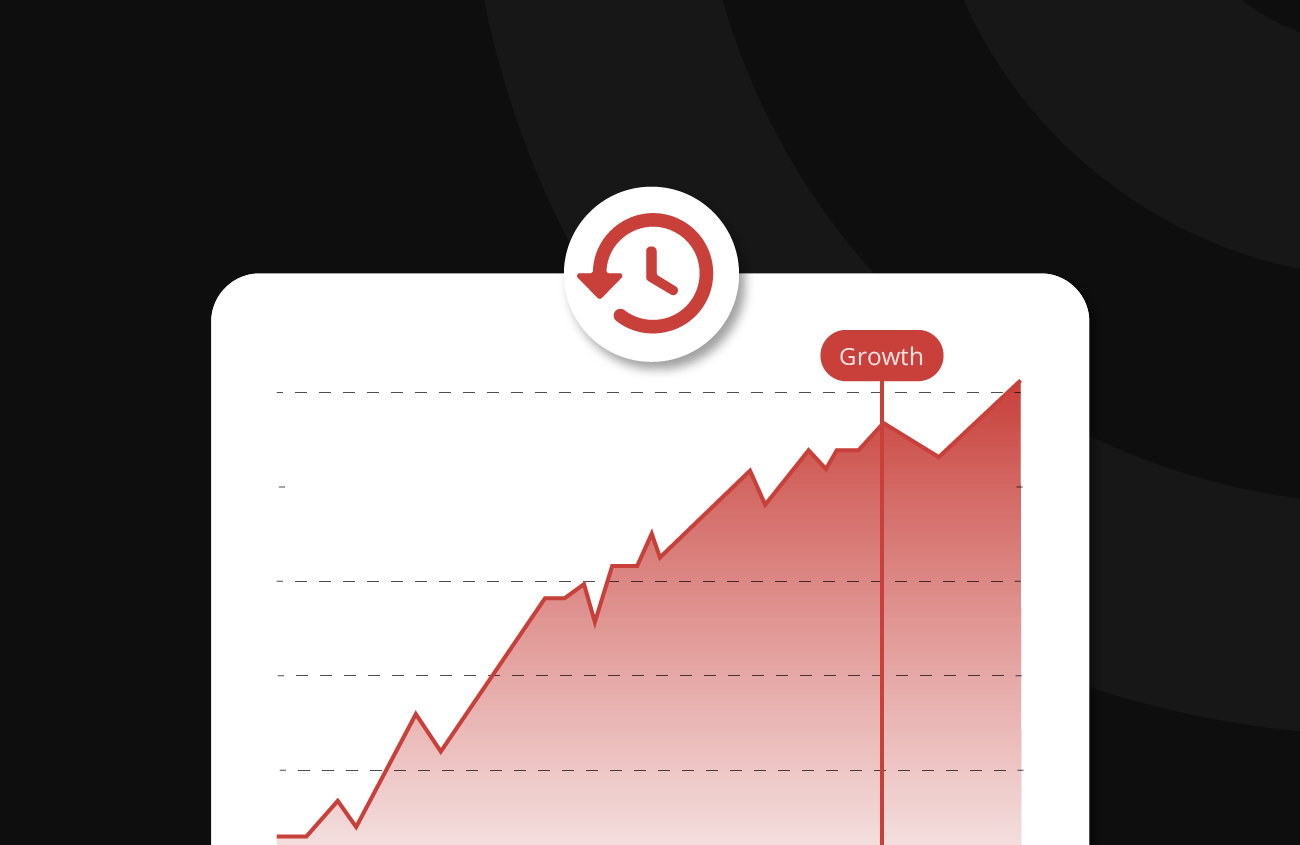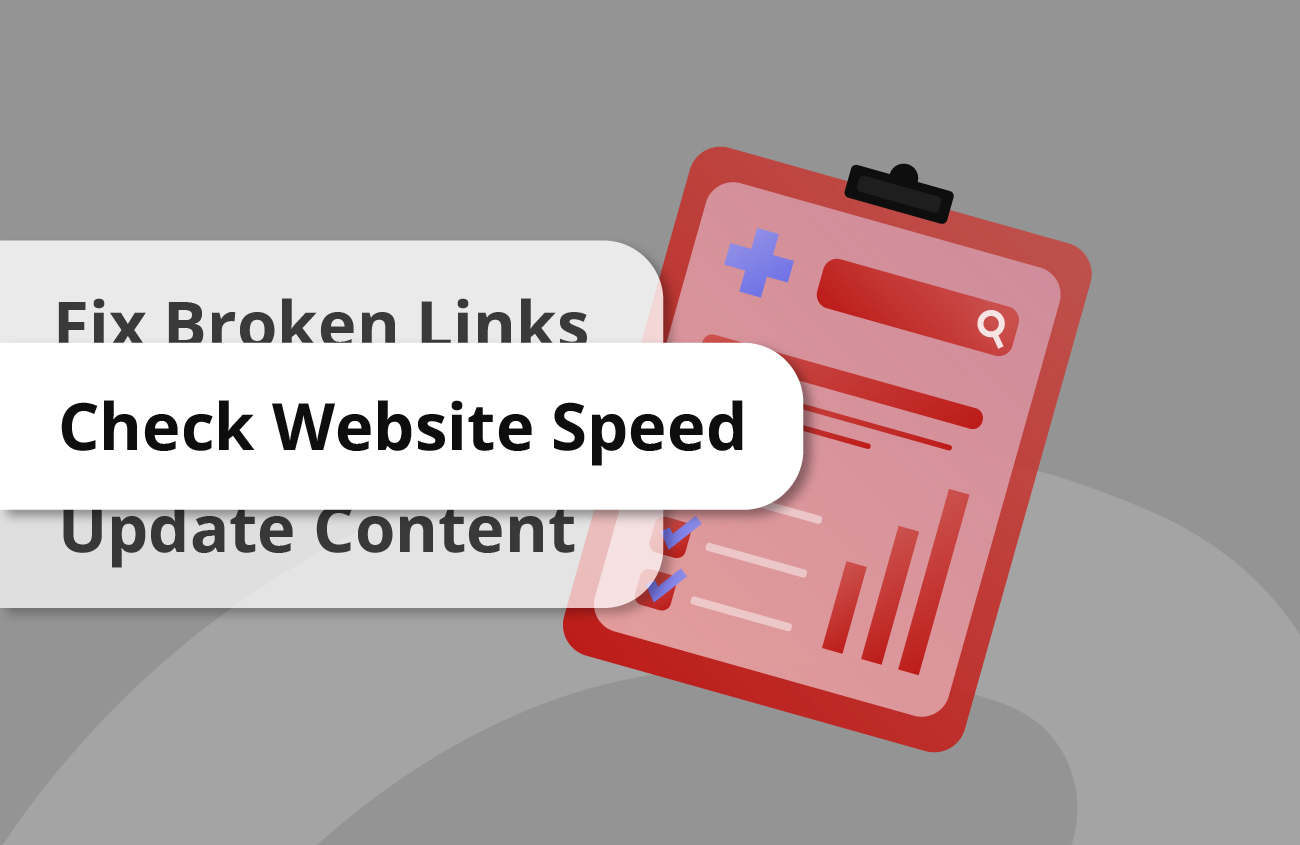AI is reshaping how search engines rank websites, and businesses that fail to adapt risk losing visibility. Google’s algorithms are becoming smarter, more contextual, and less reliant on traditional ranking factors like keyword density. Instead, machine learning is helping search engines understand user intent, content relevance, and search behavior in ways we’ve never seen before.
In this guide, we’ll explore how AI is changing SEO, the key updates you need to know, and how to optimize your site for AI-driven search.
1. How AI and Machine Learning Power Google’s Search Algorithms
Google’s AI-driven search systems analyze billions of queries daily to deliver the most relevant and high-quality results. Three of the most important AI updates include:
RankBrain: The First AI in Google Search
✅ Introduced in 2015, RankBrain was Google’s first AI system, designed to understand search intent instead of just keywords. It learns from patterns and user interactions to deliver better results.
BERT (Bidirectional Encoder Representations from Transformers)
✅ Launched in 2019, BERT helps Google understand natural language better, especially for long-tail and conversational queries.
MUM (Multitask Unified Model): The AI Powerhouse
✅ MUM, introduced in 2021, is 1,000x more powerful than BERT and can analyze images, videos, and multiple languages to provide better search results.
🔎 Example: AI’s impact on SERPs
Let’s look at how AI-driven search results differ for a simple query. Instead of returning basic keyword-matched results, Google now understands context, synonyms, and intent.
2. How AI Impacts SEO Strategies in 2025
✅ AI-Powered Search Is Context-Driven (Not Just Keywords)
Older SEO strategies focused on exact-match keywords, but AI now prioritizes semantic search.
Example:
- Old SEO: “best running shoes cheap”
- AI Search: “What are the best affordable running shoes for beginners?”
📌 SEO Tip: Use natural, conversational language and focus on topic relevance instead of forcing exact-match keywords.
✅ Featured Snippets & Zero-Click Searches Are Growing
AI is powering Google’s Featured Snippets, People Also Ask, and Knowledge Graphs, reducing clicks to traditional websites.
📌 SEO Tip: Optimize for position zero by structuring content with FAQs, lists, and concise answers.
✅ AI Personalization & Search Behavior Predictions
AI customizes search results based on user behavior, meaning no two users see the same rankings.
📌 SEO Tip: Focus on user experience (UX), search intent, and engagement metrics to stay competitive.
3. How to Optimize for AI-Driven SEO
✔ Use NLP-Friendly Content → Write like a human, not a robot
✔ Improve Page Experience → Optimize Core Web Vitals, mobile speed, and UX
✔ Build Topical Authority → Cover related subtopics and clusters instead of targeting isolated keywords
✔ Leverage AI Tools → Use ChatGPT, Jasper, and SurferSEO for AI-powered content research
✔ Optimize for Multimodal Search → Add images, videos, and structured data
Final Thoughts
SEO in 2025 is no longer just about keywords and backlinks—AI is making search smarter, more intuitive, and more context-driven. To stay ahead, businesses need to focus on intent, engagement, and content quality.
The evolution of AI in search has led to several shifts in SEO practices:
- Focus on Search Intent: Understanding and aligning content with user intent has become crucial. Content creators must consider what users are truly seeking and tailor their content to meet those needs.
- Quality Content: AI rewards content that is comprehensive, authoritative, and trustworthy. Emphasizing E-E-A-T (Experience, Expertise, Authoritativeness, Trustworthiness) is essential for higher rankings.
- Technical SEO: Ensuring websites are technically sound—fast loading, mobile-friendly, and secure—remains vital as AI continues to prioritize user experience.
Need help optimizing your site for AI-powered SEO? Let’s chat! 🚀
Associated Press: Google leans further into AI-generated overviews for its search engine
Wired.com: To Fight AI Search Spam, Prioritize Real Human Voices


